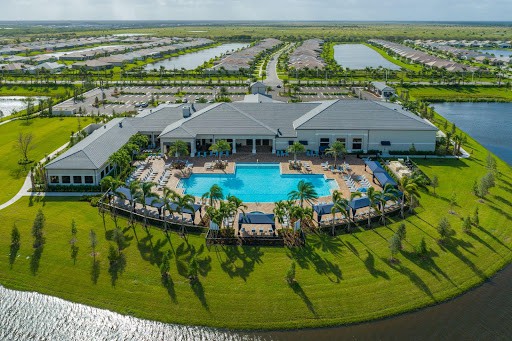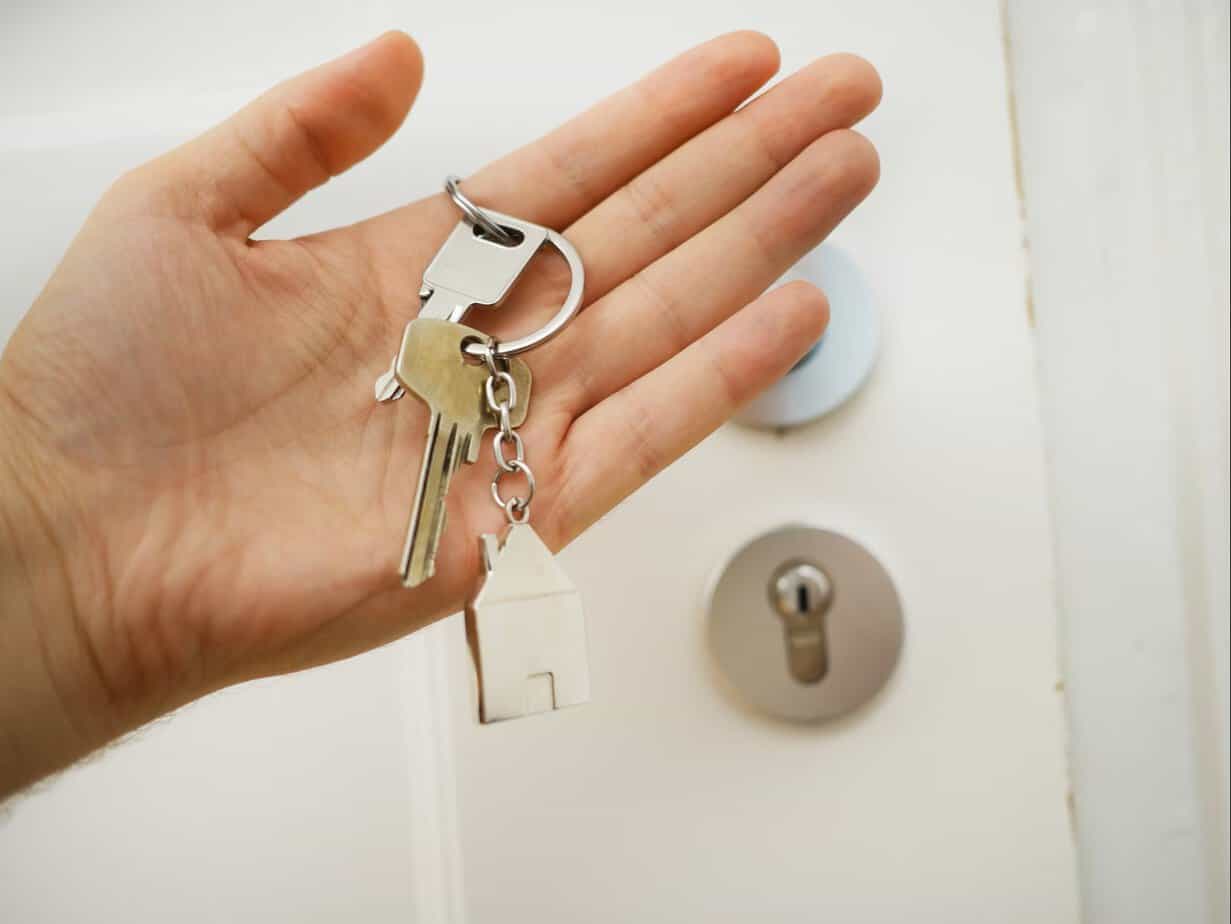
The COVID-19 outbreak has immensely increased online traffic due to the global mandate for people not to go outside unless absolutely necessary. Now, almost everything is done online. Imagine the data being generated by users on a daily basis. It is just massive. And as industries develop next-generation products and services to keep up with the times, the need for a technology to be able to accommodate big date is highlighted.
Transmira, Inc. is one of the companies that searched for a technology that can accommodate the big data it needs for Omniscape, a game-changing platform that will introduce experiential reality to the world; and soon enough, they found blockchain. During their search, Transmira founder and CEO and Omniscape developer Robert Rice and his engineers went through different blockchain providers, but were unsuccessful in finding one that can accommodate big data, maintain integrity of data, and secure personal information of users at a very affordable cost—until they discovered Bitcoin SV (BSV).
“There really is no choice when you compare the technical pieces: the size, speed, scale, cost; you’d have to be an idiot in my industry to do something else that’s not Bitcoin SV…. We didn’t go that far down the rabbit hole [of other blockchains]. You know, just saying, ‘Well, it’s going to cost me this to do this, and I got to do 100,000 of this in a day.’ A, it can’t handle the scale, and B, I don’t want to pay a trillion dollars for it,” Rice explained during an episode of CoinGeek Conversation.
Omniscapeis a complex blend of augmented reality (AR) and virtual reality (VR) that connects the virtual world to the real world through experiential reality (XR). Real estate on blockchain involves 3D twins of real-life geography, landmarks, buildings and properties. Users have avatars that represent them and places them in the corresponding location within Omniscape. Avatars can interact with each other and do fun and interesting things.
It is sort of like Pokémon GO, but users can earn money and actions within the app can equate to something tangible in the real world. “Starbucks for example can do a campaign and geo-locate 3D Starbucks coffee cups all over the place.” And people can use it as a discount coupon or to redeem a free cup of coffee at Starbucks. In return, Starbucks will be provided with consumer insights on the individuals who actually made use of the coupons. This acts as targeted advertising and marketing for brands and businesses.
“Let’s say there’s three people sitting on a couch watching the football game and the Doritos commercial comes on TV, we can deliver a different experience to each one. Maybe I’m getting the free bag of Doritos, the guy next to me is getting an offer on Dr. Pepper… now that I can deliver it that way, I’m also getting data back,” Rice said.
Aside from being a haven for advertisers, users can pay 2 to 3 USD to buy virtual real estate and they can own it for two years. During this time, they earn money when they resell their virtual property at a higher value and whenever advertisers or content creators use their property. Real estate on blockchain opens the world to many possibilities.
“The idea is we want to make it easy for people to make money and keep it low and accessible. And you can speculate, like domain names, ‘I’m going to buy cool locations and resell them or I’m going to try and anticipate where the market’s going to grow, where people are, where the activity is,’” Rice further explained.
Learn more about real estate on blockchain at the next virtual CoinGeek Conference, broadcasting live from Zurich on June 8-10, 2021.




